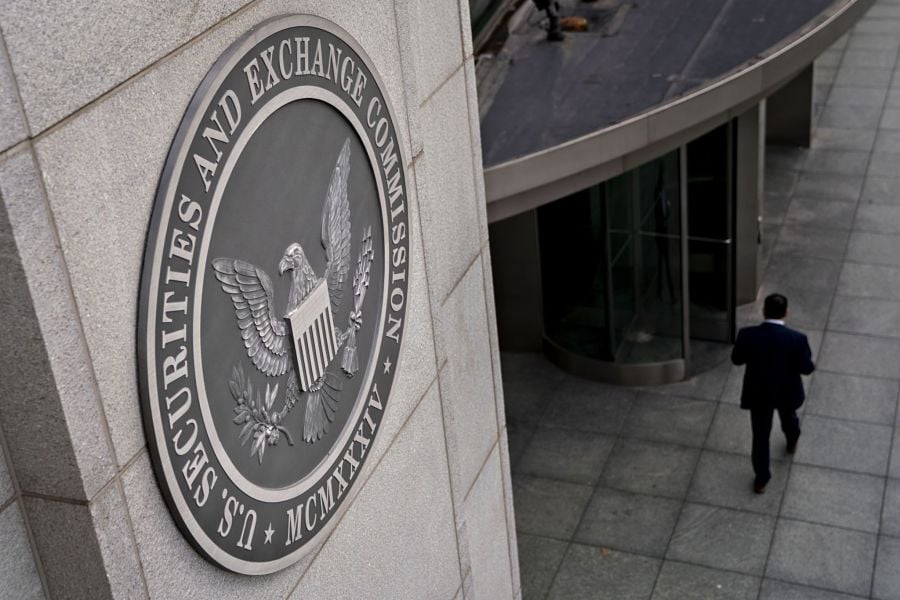

Now that investment advisors have the latitude to feature clients touting them in their advertising, the SEC is emphasizing that area in examinations of its new marketing rule.
The Securities and Exchange Commission regulation that went into force last November allows advisors to use client testimonials and endorsements for the first time. A risk alert released Thursday by the agency said that it is taking a special interest in compliance surrounding testimonials and endorsements as well as the use of third-party ratings.
The agency said it is reviewing testimonials to determine whether advisors are revealing if the person endorsing them is a client, is receiving compensation for the message or has any related conflicts of interest.
The alert may indicate that the SEC doesn’t like what it’s finding so far on marketing rule examinations.
“What the SEC is probably seeing are client testimonials without the appropriate disclosures,” said Brian Thorp, founder and CEO of Wealthtender, a digital marketing platform for advisors.
The SEC is warning advisors to shore up their advertising compliance before they use testimonials.
“I suggest advisors take this [alert] and look at their own practices on testimonials, endorsements and third-party ratings,” said Lance Dial, a partner at the law firm K&L Gates. “This is an area that would warrant special attention, especially if you’re starting to use testimonials and endorsements for the first time.”
The SEC also is drilling down on third-party endorsements to ensure that advisors provide “clear and prominent disclosure” of the date of the rating time period upon which it is based, the identity of the third party and any compensation the advisor gave to obtain the rating.
Advisors should be cautious when soliciting reviews on platforms like Yelp or Google because they may not incorporate the disclosures the SEC is demanding, Thorp said. “That opens the door for risk.”
This week’s risk alert follows a September alert about the marketing rule. The initial SEC exams focused policies and procedures, substantiation of advertising claims, the use of performance advertising and books and records requirements.
The SEC’s marketing regulation overhauled advertising rules for the first time since the 1960s. It generally updated SEC oversight to apply to social media and other forms of communication beyond print, TV and radio.
Thorp said that the two alerts haven't broken any new ground on the rule, even though the latest one highlighted testimonials and third-party endorsements.
“It should not be that hard for firms to comply with these areas of the rule,” he said.

Wells Fargo, Commonwealth, UBS are the firms losing advisor teams.

Firms are facing increasing scrutiny over whether they can be held responsible for losses by clients whose ability to understand their investments has been compromised.

Decision deepens the two firms’ decade-long relationship

Linqto Inc. was one of the first tech platforms to promise access to small investors into the high-risk, high-reward world of private investments.

Since Vis Raghavan took over the reins last year, several have jumped ship.
Stan Gregor, Chairman & CEO of Summit Financial Holdings, explores how RIAs can meet growing demand for family office-style services among mass affluent clients through tax-first planning, technology, and collaboration—positioning firms for long-term success
Chris Vizzi, Co-Founder & Partner of South Coast Investment Advisors, LLC, shares how 2025 estate tax changes—$13.99M per person—offer more than tax savings. Learn how to pass on purpose, values, and vision to unite generations and give wealth lasting meaning
